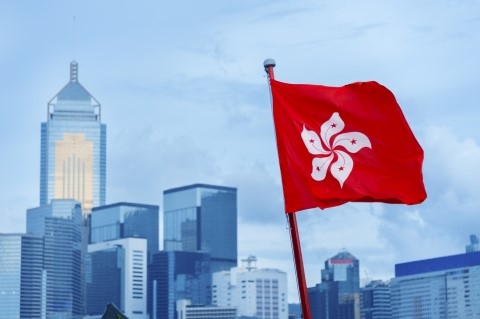
2 reasons behind Hong Kong's lower February inflation
CPI inflation slipped to -0.1%.
Headline CPI inflation dropped to -0.1% yoy in February from 1.3% yoy in January, below market expectations of 0.7% yoy, according to Bank of America Merrill Lynch (BofAML). The underlying inflation, which nets out the effects of the government’s one-off relief measures, declined to 0.7% yoy in February from 2.1% yoy in January.
The sequential momentum in the underlying inflation also eased, as the three-month average increase in CPI was -0.1% sa mom in February, vs. 0.1% sa mom in January.
Here's more from BofAML:
The sharp drop of February headline inflation was due mainly to the different timings of the Lunar New Year (LNY) holiday (started in 28 Jan 2017 vs 8 Feb 2016), as prices for food and travel-related services tend to moderate following the LNY holiday.
In addition to LNY effect, fresh vegetable price inflation slumped because of a high base from a year ago amid bad weather conditions back then.
Food price inflation fell to 0.4% yoy in February from 2.8% yoy in January. In particular, vegetable and pork price inflation dropped to -33.9% and 4.7% yoy in February, respectively from -9.3% and 10.9% yoy in January.
There was also a significant decline in price inflation of packaged tours to -13.9% yoy in February from 9.1% yoy in January.
Mild inflationary pressure in near term Combining January and February data, underlying CPI inflation moderated to 1.5% yoy in Jan-Feb vs 2.0% yoy in December. In our view, this was due to: (1) a high base for vegetable prices from a year ago; and (2) reduced electricity charges effective from January.
Looking ahead, we expect inflationary pressure to remain moderate in the near term. On the domestic front, we expect moderate economic growth momentum in 2017 to keep local cost pressures at bay. Meanwhile, import price inflation will likely remain contained amid a strong HKD on a trade-weighted basis on the back of USD strength.






















 Advertise
Advertise







